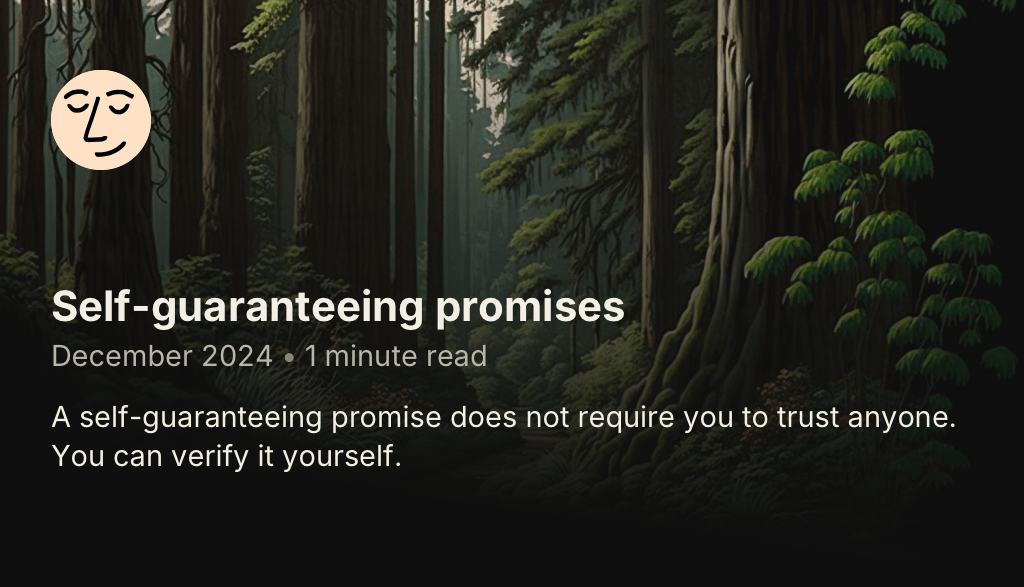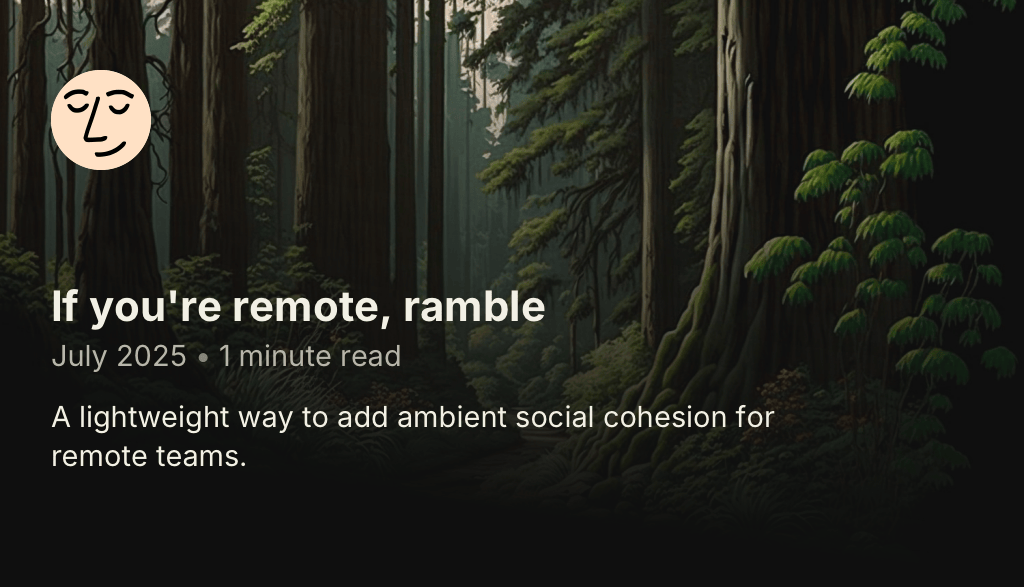Self-Guaranteeing Promises: Securing Your Data in the Age of Shifting Tech

Companies frequently break promises. This article introduces the concept of a 'self-guaranteeing promise,' a commitment verifiable by the user, independent of trusting the company. 'File over app' is an example; users retain control and can use their files in other apps. 'Stainless steel' is another – its properties are independently testable. In contrast, terms and policies aren't self-guaranteeing; companies can change them retroactively affecting user data (e.g., Google, Zoom). A true self-guaranteeing privacy promise ensures the tool lacks access to user data in the first place. The article cautions that encoding values into governance or relying solely on open-source isn't a reliable safeguard. Choosing tools with self-guaranteeing promises helps mitigate the uncertainties of a tool's future, like business closures or acquisitions.
Read more